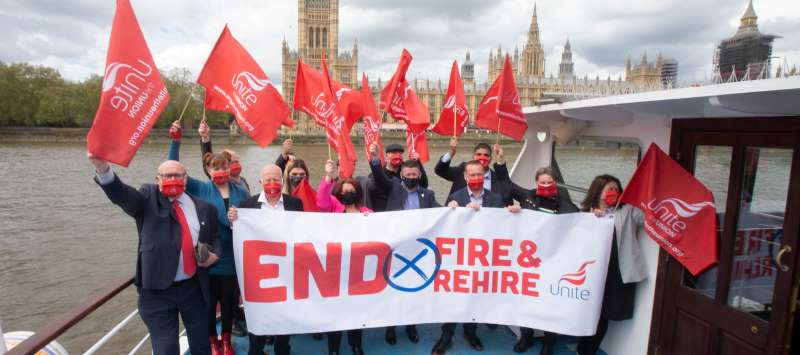Entitled to workers’ rights
In another blow to the so-called â€gig economy’, the Court of Appeal agreed today (February 10) with a tribunal that a technically self-employed worker was entitled to basic workers’ rights.
Garry Smith, who had for six years been working solely for Pimlico Plumbers, which hires its plumbers as self-employed contractors, suffered a heart attack in 2010.
He wanted to reduce his work week from five days to three after the attack, but bosses refused his request and took away his branded van which he had hired.
Smith argued that he should be classified as a worker and should therefore receive basic rights such as paid holiday, the national minimum wage and the ability to bring forward discrimination claims.
An employment tribunal agreed, saying that Smith should be classified as a worker – though not an employee, a status that confers even more rights.
The case was taken to appeal and now the Court of Appeal, the highest court to weigh in on the matter, has agreed with the tribunal decision.
Smith’s lawyer hailed the ruling and told the BBC that her client was controlled by Pimlico Plumbers so could not in any sense of the word be considered an independent contractor – he wore a uniform, drove a branded van and was not able to work for anyone else.
Pimlico Plumbers’ boss Charlie Mullins said he would be consulting with his lawyers and might take the case further to the Supreme Court.
Similar decisions
Today’s ruling follows two other similar decisions in the last few months alone.
One was over whether Uber drivers – also classified as self-employed – should instead be considered workers. An employment tribunal ruled in October that like Garry Smith, Uber drivers are being wrongly classified and should be entitled to basic workers’ rights.
This historic ruling was followed by another decision in favour of workers, involving bike courier CitySprint. A tribunal ruled last month that courier Maggie Dewhurst was owed holiday pay because she should be considered a worker and not a contractor.
It is understood that delivery service Deliveroo is also being taken to task over whether its couriers should be considered workers as they seek union recognition.
As pressure on â€gig economy’ bosses to change their employment models builds in the courts, the government too has said it will look into modern employment practices in its forthcoming Taylor Review, which is expected to be published sometime this year.
Unite assistant general secretary Steve Turner hailed the latest decision against Pimlico Plumbers and said that the practices employed by companies in the gig economy must be stopped.
“We’ve seen an explosion in the number of people working as self-employed in the UK partly down to the emergence of the gig economy and firms like Uber and Deliveroo,” he said.
“For many of these workers eking out a living in the gig economy, it’s a world of insecure work and casualised labour,” he added. “But instead of a tap on the shoulder or the brass tally of the docks from decades ago, workers are left waiting for a text or the beep of an app to know if they have work.
“We cannot turn the clock back to the Victorian era. The government needs to put a floor underneath all workers’ rights. Otherwise living standards will fall and peoples’ working lives become increasingly insecure.”
 Like
Like Follow
Follow


